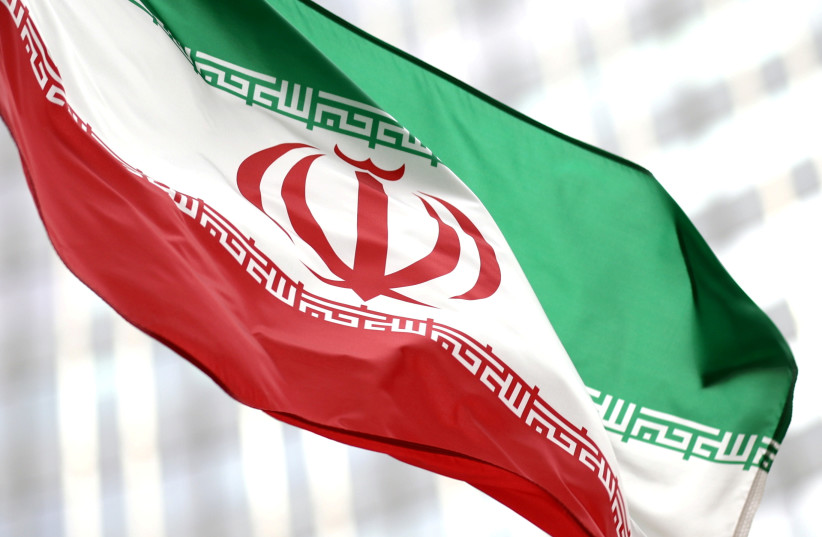Iran denied a report that it had reached a two-year interim agreement with world powers on Sunday.
London-based Rai al-Youm reported that the sides completed a two-year deal in Vienna, by which the US would lift all sanctions placed on Iran by the Trump administration.
In return, all of Iran's advanced uranium would be transported to Russia.
Russia would reportedly serve as the guarantor of the agreement, in that it would return the uranium to Iran in the event of the US leaving the deal as it did in 2018.
"The report is totally wrong and fake," a source close to the Iranian negotiating team said, according to Iranian journalist Abas Aslani.

Negotiations continued on Tuesday, with the European delegations meeting with Iran’s chief negotiator Ali Bagheri Kani.
Russia's chief negotiator, Ambassador Mikhail Ulyanov, said he "share[s] the assessment" by the Iranians that the sides are starting to overcome their differences on the matter of sanctions.
"Progress is being made. But achieving the desired solution will require additional time and effort," Ulyanov tweeted.
Iranian Supreme Leader Ayatollah Ali Khamenei gave a speech on Sunday in which he referred obliquely to the Vienna talks.
"Not surrendering to an arrogant enemy is one of the principles of the revolution," Khamenei said. "To negotiate, discuss, or sometimes interact with the enemy is another matter...We have not surrendered until today, and God willing, this will be the case in the future."
The talks in Vienna for Iran and the US to return to the 2015 Joint Comprehensive Plan of Action are currently in their eighth round. That deal limited Iran’s nuclear program, while gradually lifting sanctions.
In recent years, Iran has worked on developing uranium metal and enriching uranium to 60%, far beyond the JCPOA’s restrictions and closer than ever to weapons-grade uranium, which is enriched to 90%.
Iran continued its JCPOA violations during its talks with Vienna, which were renewed on November 29, launching advanced centrifuges. Western parties to the talks with Iran – France, Germany and the UK directly, and the US indirectly – have repeatedly questioned the Islamic Republic’s seriousness in engaging in the talks and have said they will not allow them to drag on.
On Friday, French Foreign Minister Jean-Yves Le Drian told BFM TV and RMC Radio that progress has been made regarding the Iran nuclear talks although time is running out.
“I remain convinced we can reach a deal. Bits of progress has been made in the last few days,” Le Drian said. “We have been heading in a positive direction in the last few days, but time is of the essence because if we don’t get an accord quickly there will be nothing to negotiate.”
Foreign Minister Yair Lapid urged French President Emmanuel Macron on Saturday to pressure Iran to halt its nuclear program.
“I talked at length tonight with the President of France Emanuel Macron,” Lapid tweeted. “The conversation dealt with the regional challenges, the nuclear talks, Israel’s demand to put pressure on Iran and Israeli-EU relations.”
Tovah Lazaroff contributed to this report.
